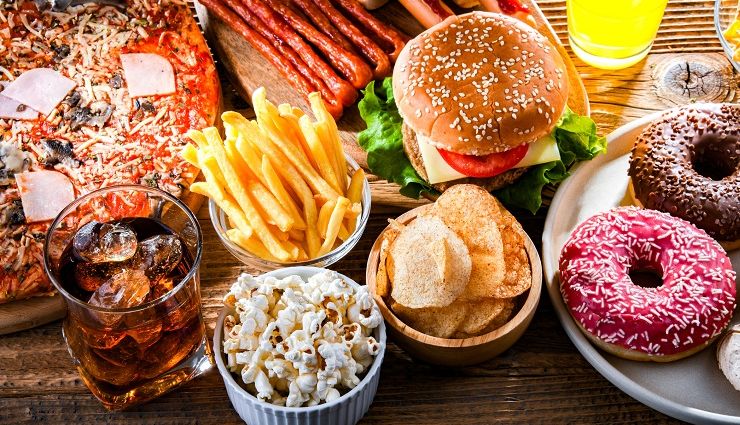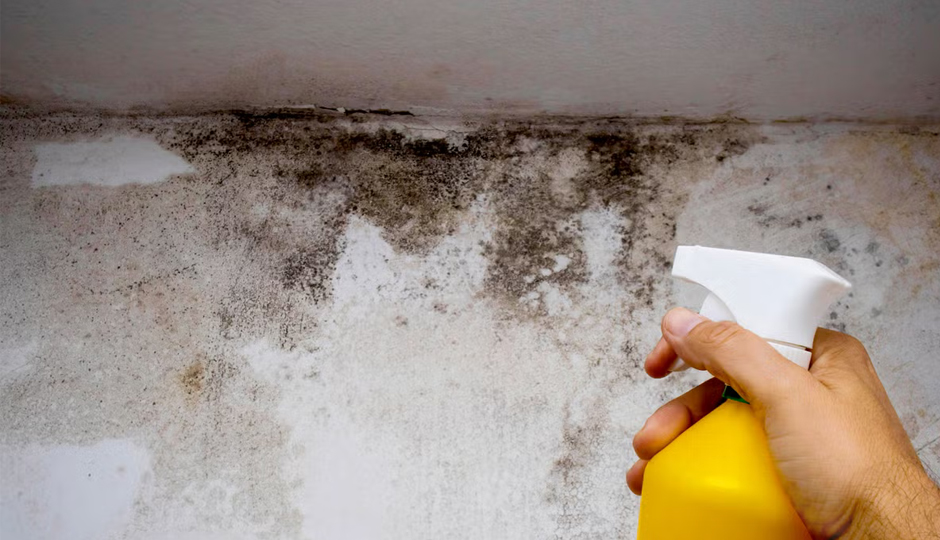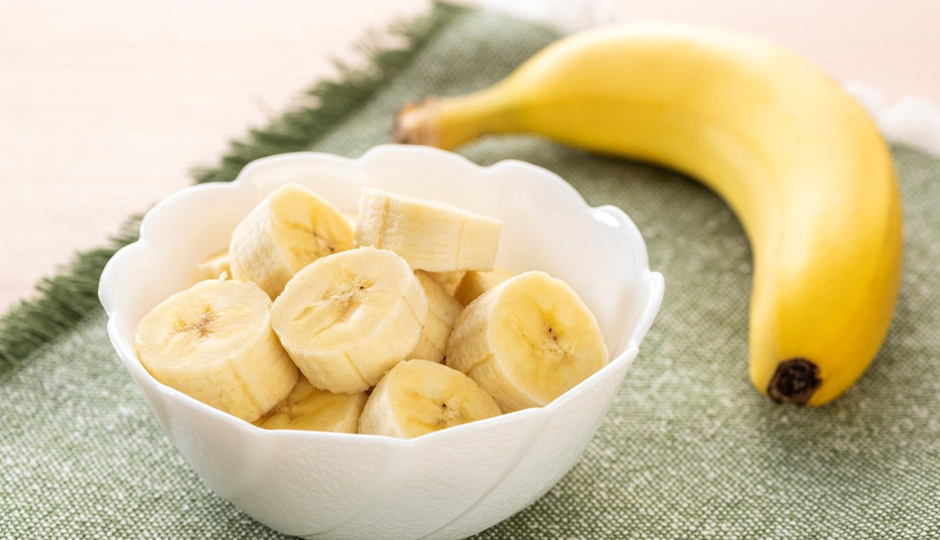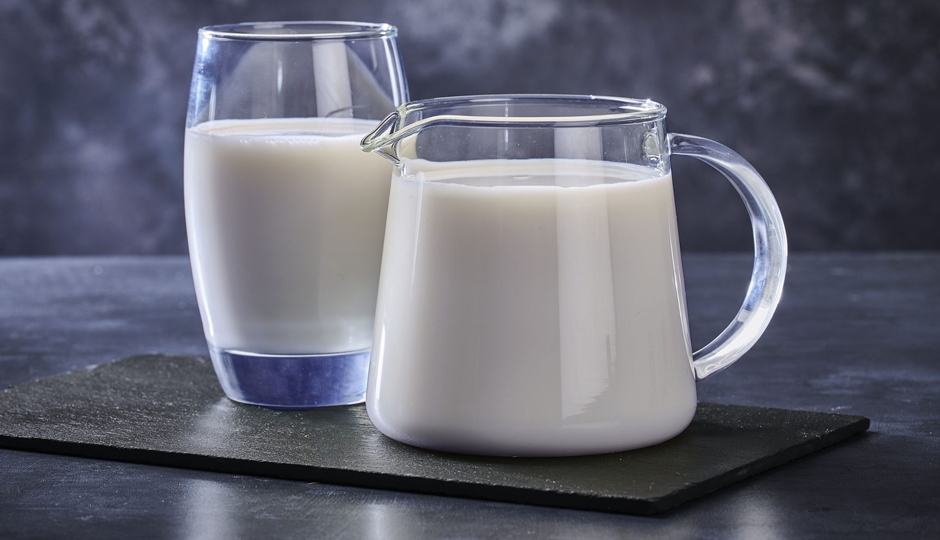- Home›
- Healthy Living›
- 10 Major Causes Of Acid Reflux
10 Major Causes Of Acid Reflux
By: Jhanvi Gupta Sat, 31 May 2025 11:06:37

Most of us have experienced acid reflux at some point in our lives. But before diving into its causes, let’s first understand what acid reflux actually is.
Acid reflux occurs when stomach acid, which aids in digestion, flows back into the oesophagus (or food pipe), leading to a burning sensation commonly known as heartburn.
While the stomach has a protective lining to shield it from the strong hydrochloric acid it produces, the oesophagus lacks this defense.
When the valve that separates the stomach from the oesophagus fails to function properly, it allows the acid to move upward, irritating the lining of the oesophagus. This backward flow of acid is what we refer to as acid reflux.

# Lying Down Right After a Heavy Meal
Gravity plays a key role in helping food move from the oesophagus into the stomach. This movement isn’t just a result of swallowing—gravity assists in guiding the food downward. When you lie down immediately after a heavy meal, gravity can no longer aid digestion effectively, making it easier for stomach acid to flow back into the oesophagus, which can trigger acid reflux.
# Obesity
Excess weight, especially around the abdominal area, increases pressure on the stomach. This pressure can lead to a condition called hiatal hernia, where the upper part of the stomach pushes through the diaphragm. This disrupts the barrier between the stomach and oesophagus, allowing acid to reflux and cause heartburn.

# Late-Night Eating
Eating late at night can also contribute to acid reflux. After a meal, your stomach produces a large amount of acid to aid digestion. Going to bed soon after eating gives the acid a chance to flow back into the oesophagus, especially when your body is in a horizontal position.
# Spicy Foods
Spicy foods can stimulate the stomach to produce more acid and may weaken the lower oesophageal sphincter (LES)—the valve that prevents acid from traveling back into the food pipe. This makes it easier for acid reflux to occur. Other common triggers include citrus fruits, fatty or fried foods, chocolate, mint, garlic, onions, and tomatoes.

# Certain Beverages
Drinks like tea, coffee, soda, and alcohol are known to relax the LES muscle. When this muscle is weakened, it can't effectively prevent stomach acid from backing up into the oesophagus. For people prone to acid reflux, it’s wise to limit or avoid these beverages, especially on an empty stomach.
# Smoking
Nicotine in tobacco weakens the LES and increases the likelihood of acid reflux. Smoking also reduces saliva production. Since saliva contains bicarbonate, which helps neutralize stomach acid, reduced salivation can worsen reflux symptoms. Long-term smoking may even lead to GERD (Gastroesophageal Reflux Disease).
# Certain Medications
Some medications, such as aspirin, ibuprofen, and certain blood pressure drugs, can irritate the stomach lining, increase acid production, or weaken the LES. This combination makes acid reflux more likely in individuals taking these medications regularly.

# High-Fat Foods
Foods rich in fat—such as French fries, butter, ice cream, potato chips, and fatty meats like pork and lamb—can relax the LES and delay stomach emptying. This creates more opportunities for acid to flow back into the oesophagus.
# Citrus Fruits
Fruits like lemons, grapefruits, and pineapples are high in natural acids, particularly citric and ascorbic acid. Consuming these in large amounts can irritate the oesophagus and contribute to acid reflux symptoms.
# Chocolate
Chocolate contains a compound called methylxanthine, which relaxes the smooth muscles in the LES. This relaxation makes it easier for stomach acid to escape into the oesophagus, triggering acid reflux.





